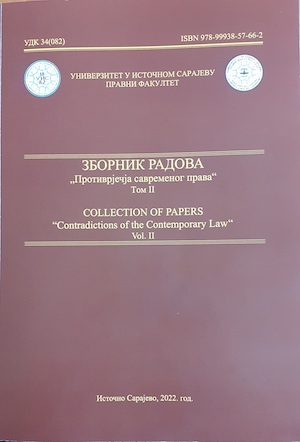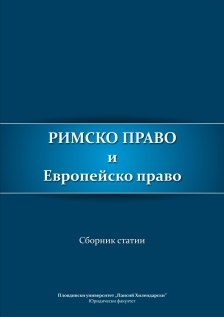
Имплементација правила о накнади штете према Грађанскоправној конвенцији о корупцији
The Law on Obligations contains a general norm that prohibits causing harm to another. Nevertheless, in the past as well as nowadays, the range of causes of damage is expanding, and consequently, special regulations have to be adopted. This raises dilemmas about choosing adequate grounds for liability on a case by case basis. One of the new cases is the occurrence of damage from corruption and corrupt practices. This phenomenon is traditionally associated with crime and criminal responsibility, but has now become the subject of interest of civil law theory and practice. The ratified Civil Law Convention on Corruption has created an obligation to implement it to domestic legislation. This article is dedicated to the expected implementation going on and off the right path.
More...

